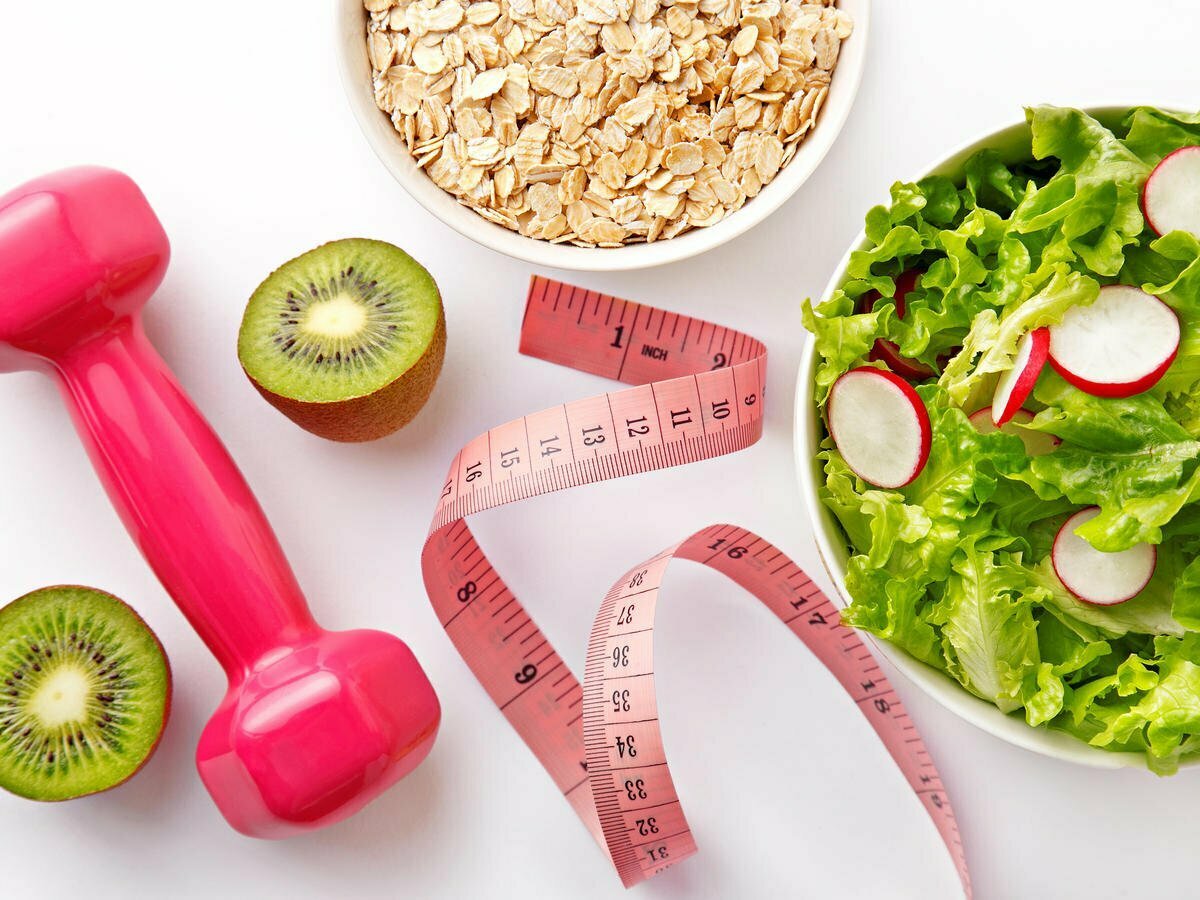It’s been a tortuous course for the humble egg. For tons of our history, it became a staple of the American breakfast — as in, bacon and eggs. Then, beginning within the past due Seventies and early Eighties, it started to be disparaged as a dangerous source of artery-clogging cholesterol, a possible culprit at the back of Americans’ especially high charges of coronary heart attack and stroke. Then, inside the beyond few years, the chook egg becomes redeemed and yet again touted as an exceptional supply of protein, unique antioxidants like lutein and zeaxanthin, and lots of nutrients and minerals, consisting of riboflavin and selenium, all in a fairly low-calorie bundle.
This March, a examine published in JAMA positioned the egg again on the recent seat. It observed that the quantity of LDL cholesterol in a piece less than huge eggs an afternoon became associated with a growth in someone’s risk of cardiovascular disease and dying using 17% and 18%, respectively. The risks grow with each extra half of an egg. It became a clearly huge observe, too — with nearly 30,000 individuals — which suggests it have to be pretty dependable.

So that is it? Is the egg good or awful? And, whilst we’re on the challenge when a lot of what we are instructed approximately diet, health, and weight loss is inconsistent and contradictory, can we believe any of it?
Quite frankly, probable now not. Nutrition research tends to be unreliable due to the fact nearly all of it’s far primarily based on observational research, which is obscure, have no controls and don’t comply with an experimental technique. As nutrients-studies critics Edward Archer and Carl Lavie have put it, “’ Nutrition’ is now a degenerating research paradigm wherein scientifically illiterate strategies, meaningless information, and consensus-pushed censorship dominate the empirical panorama.”
Other nutrition research critics, along with John Ioannidis of Stanford University, had been besides scathing of their remark. They point out that observational nutrition research is basically simply surveys: Researchers ask a collection of taking a look at contributors — a cohort — what they consume and the way often, then they track the cohort through the years to look what, if any, health situations the take a look at members develop.
What did you eat for breakfast?
The hassle with the method is that no one actually recalls what they ate. You might don’t forget today’s breakfast in a few elements. But, breakfast 3 days in the past, in precise amounts? Even the unadventurous creature of addiction could, in all likelihood get it wrong. That tends to make these surveys inaccurate, in particular, while researchers attempt to drill all the way down to particular foods.
Then, that initial inaccuracy is compounded while scientists use the one’s guesses about ingesting habits to calculate the ideal quantities of unique proteins and vitamins that someone fed on. The errors upload up, and they could lead to significantly dubious conclusions.
A proper instance is 2005 observe that cautioned that ingesting a cup of endive once per week would possibly reduce a girl’s threat of ovarian most cancers by way of 76%. There become even a likely mechanism to explain the effect: Endive is high in kaempferol, a flavonoid that has proven anticarcinogenic properties in laboratory experiments. It was a large examine, based totally on a cohort of more than sixty-two,000 ladies. This examine was posted inside the prestigious journal Cancer, and lots of inside the media were convinced. Mehmet Oz even touted it on his television display.
But, as Maki Inoue-Choi, of the University of Minnesota, and her colleagues talked about, the survey had requested about many different kaempferol-wealthy meals — including a few that had better stages of kaempferol than endive does — and not one of these other ingredients had the equal apparent impact on ovarian most cancers.









